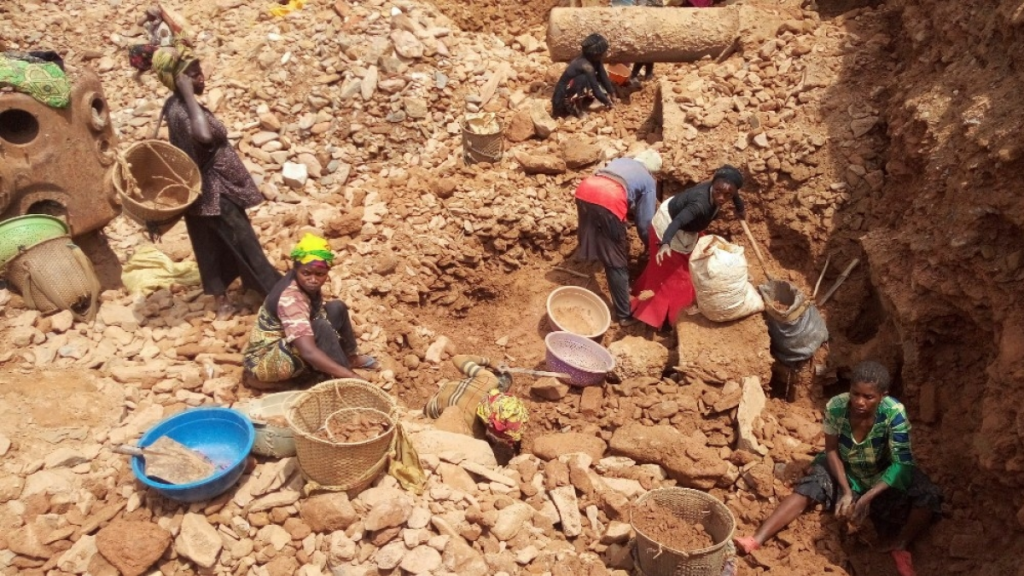At least ten people lost their lives following the collapse of a gold mine in eastern Democratic Republic of Congo, local authorities confirmed on Thursday. The incident occurred in the Luhihi area of South Kivu province, which is currently under the control of the M23 rebel movement.
Douglas Dunia Masumbuko, the rebel-appointed governor of South Kivu, said the death toll had reached ten but warned the number could climb due to numerous injuries reported at the scene. He blamed the disaster on “uncontrolled construction and poor maintenance” of the mining wells in the area.
Mining-related fatalities are not uncommon in DR Congo, particularly in artisanal sites that operate with minimal regulation. These informal operations, vital to the livelihoods of thousands, are often fraught with safety risks and structural vulnerabilities.
The collapse comes amid heightened tensions in the eastern provinces, where the M23 group has seized control of strategic cities since January, marking a sharp escalation in a conflict shaped by the legacies of Rwanda’s 1994 genocide and the ongoing struggle over Congo’s mineral-rich lands.
Despite the instability, there have been recent diplomatic efforts to calm the violence. In a joint statement released Wednesday after negotiations in Qatar, the Congolese government and M23 rebels signaled a willingness to pursue peace, offering a tentative path forward after months of bloodshed.
Jean-Jacques Purusi, who governed South Kivu before the rebel takeover, confirmed the mine’s collapse but declined to release casualty figures. His remarks highlight the administrative disruption and information gaps in areas now governed by armed factions.
As rescue operations continue at the collapsed site, families await news of loved ones. The tragedy underscores the urgent need for reforms in DR Congo’s mining sector, where lack of oversight continues to turn economic opportunity into recurring catastrophe.


